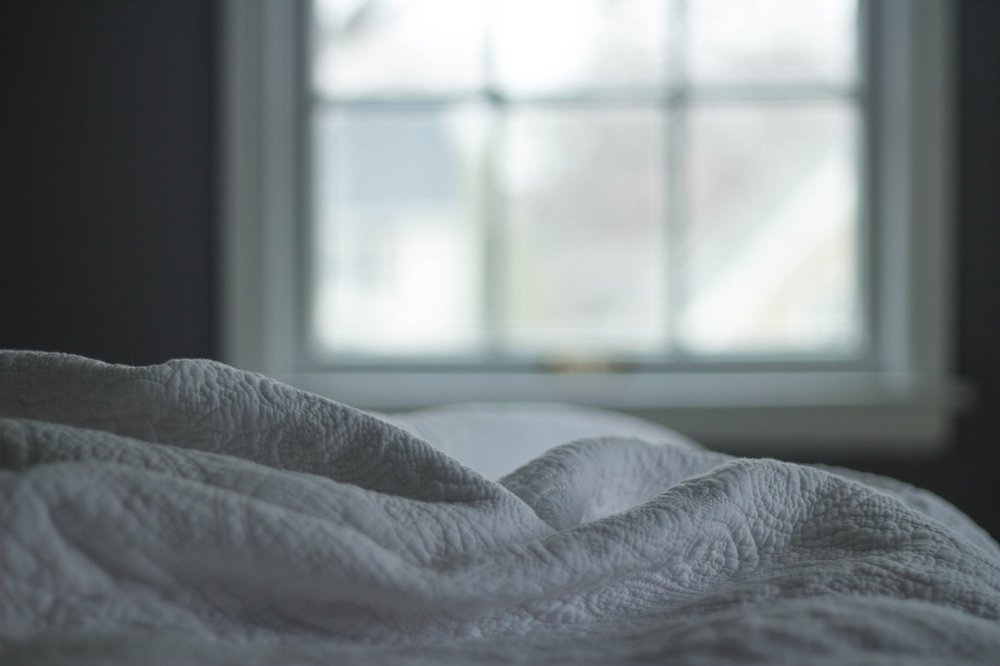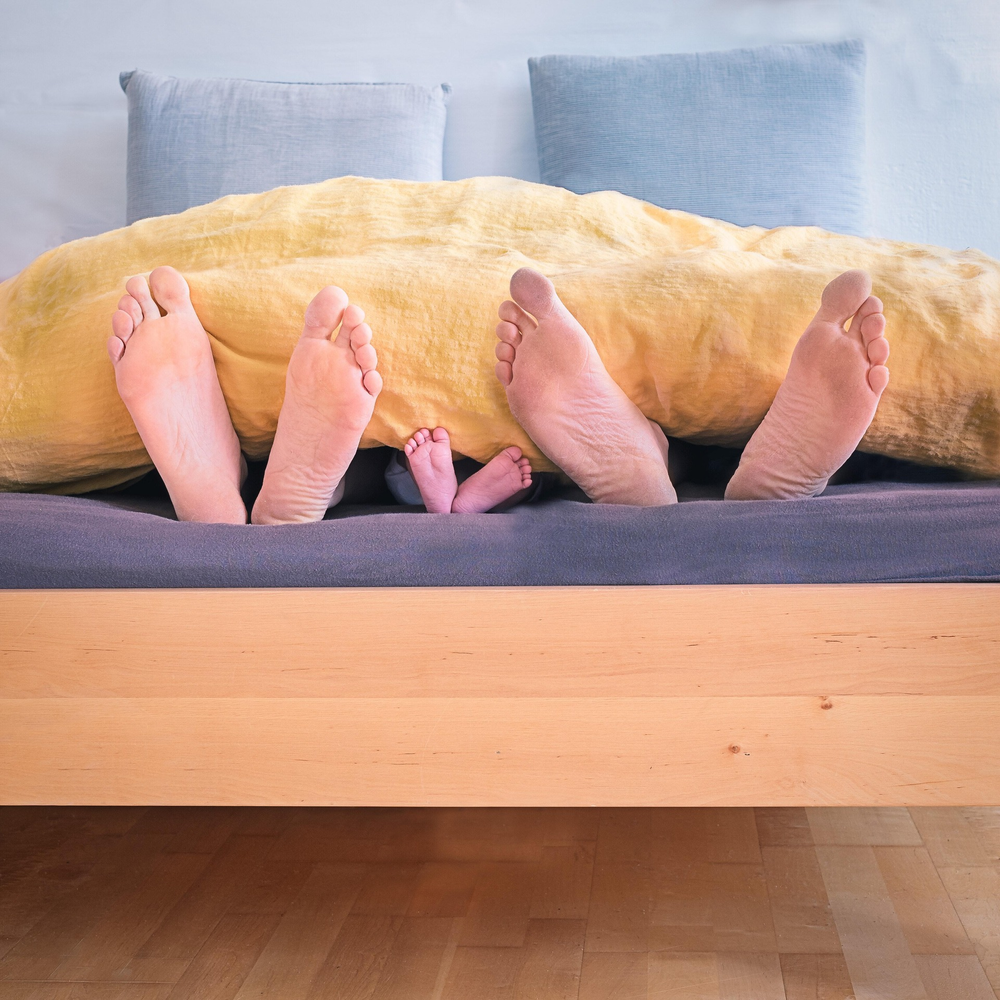25th January, 2022 • 3 min

Written by Higson
6th April, 2020 • 3 min

“Your future depends on your dreams, so go to sleep.” — Mesut Barazany
Sleep is often considered the time when our body is inactive, while in fact, the exact opposite is true. Sleeping is an extremely important active and essential process that allows us to function efficiently and effectively.
The average adult requires about eight hours of sleep a night. By simply getting enough sleep, we can reduce our stress levels, improve our health and improve our memory. Here is why:
1. Sleep improves memory
Sleep deprivation impacts both our short and long term memory. When we are sleep deprived, studies show we have difficulty focusing and remembering words and new skills. Research suggests that when we sleep this is when new information is consolidated and memories are stored.
Not sleeping enough can also affect our long term memory. Studies have found that for people over 60, sleep disruptions led to brain structure changing shape and affecting long term memory. Not enough sleep can even lead to developing Alzheimer’s symptoms. Which shows how much impact it can have. So the longer we sleep, and the less we are interrupted, the more we will remember.

2. Sleep improves our health
Lack of sleep is a factor that can seriously compromise aspects of the immune system and make people more susceptible to viruses” – Christopher Fagundes
Without sufficient sleep, the body produces fewer cytokines. Cytokines are essential proteins that allow the body’s effective and timely immune response. Sleep deprivation also reduces the number of natural killer cells, responsible for fighting viral infections and carcinogenic tumours.
A study found that individuals with an average of less than seven hours of sleep were three times more likely to get infected and fall ill when exposed to the cold virus compared to others who slept for eight hours. People that slept less than five hours were four and a half times more likely to get infected and were identified as a high-risk group.
Finally, researchers found in a controlled study that chronic sleep loss makes the flu vaccine less effective by reducing your body’s ability to respond and produce antibodies. Even one hour difference in the amount of sleep increases the risk a lot.
So even by increasing our sleep by a small amount can have a significant impact on protecting us from viruses and improving our health.

3. Sleep improves our mental health
Sleep and mental health are closely linked. Up until recently, psychiatrists viewed sleep disorders, such as insomnia, as symptoms of mental health. Now, sleep problems are instead considered a contributing factor.
An estimated 75% of adults with major depression in the US have disorders that affect their sleeping hours. A study found that those who reported a history of insomnia that led to people sleeping for less than 6 hours on average, resulted in them being 4 times more likely of developing major depression. Lack of sleep is also a factor in developing bipolar disorder, anxiety and ADHD.
So the more we sleep, the less we will develop mental health problems.

To sum up, a good night’s sleep is essential for both our physical and emotional wellbeing.
The benefits of a good sleep should not be underestimated, and regularly getting an average of 8 hours of sleep will help boost your immune system, improve your memory, focus and mental health.
In the words of Benjamin Franklin, “Early to bed and early to rise makes a man healthy, wealthy, and wise.”